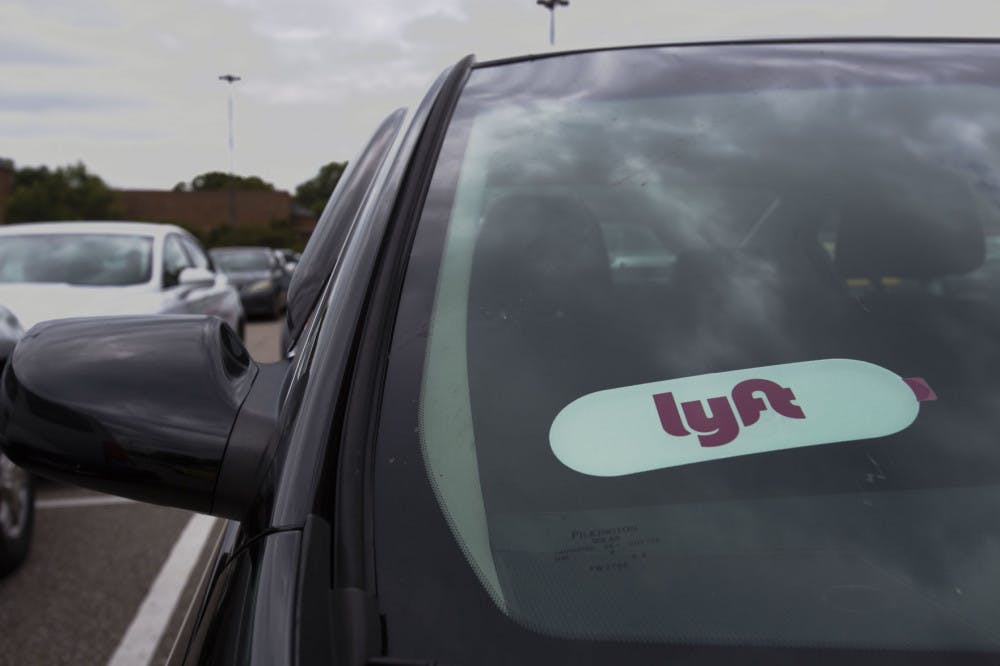Ride-hailing service Lyft has launched a new initiative called “The Ride to Vote,” which aims to help provide people with a discounted fare on midterm Election Day on Nov. 6.
Lyft has partnered with Nonprofit Vote, Vote.org and Turbovote to distribute 50 percent off promotional codes in an effort to increase voter turnout. Lyft will also provide free rides to those in underserved communities through nonprofit, nonpartisan partners such as local Urban League affiliates, Voto Latino and the National Federation of the Blind.
Eric Groenendyk, a professor of political science at the University of Memphis, said barriers keep people who already feel disenfranchised from voting.
“Barriers to voting are especially likely to affect people who already teeter on the brink of abstention, whereas they are less likely to affect people who vote habitually,” Groenendyk said. “This means people with lower socioeconomic status, people who have not voted in the past and people who live in neighborhoods where turnout is low, and therefore feel less social pressure to vote, tend to be more affected. Anything that can be done to lower these costs and/or increase voters’ motivation to vote ... helps to increase turnout.”
Not only is Lyft providing transportation, but they are also reaching out to communities through social media and their local hub locations to make voters aware of how they can find a ride to the polls if needed. They will also give drivers voter registration cards to pass out to customers and provide in-office voter registration to their employees, as well as access to comprehensive online voter information. Lyft will also encourage local communities to plan for Election Day to help increase voter turnout.
In the 2016 Presidential election, more than 15 million registered voters did not vote because of transportation issues, and an estimated 6 million of the people who did not vote were between the ages of 18 and 29, according to Center for Information and Research on Civic Learning and Engagement. Out of the 18-29 age group, 65 percent did not like the issues or the candidates, and 47 percent also cited conflict with their schedules as a reason for not voting. The third leading issue for 35 percent of that group was the lack of availability for reliable means of transportation. Of the same age group, 27 percent of white people cited transportation as an issue for not going to the polls, compared to 38 percent of people of color.
Elena Delavega, a social work professor at the U of M, said impoverished people of color tend to be the least likely to turn out to the vote, and changes in voting laws may not be overtly racist but have racist intents.
“Sometimes minorities also have their voting IDs questioned more than white Americans,” Delavega said. “I think there is racism at work and deliberate efforts to prevent people in poverty and African-Americans from voting in large numbers. We have the Voting Rights Act, but it’s been gutted by the Supreme Court a couple of years ago. I would say there is racist intent.”
Lyft is launching a new initiative called "Lyft Ride to Vote," which will provide comped fare for riders on this year's midterm election day. Lyft hopes to provide more people with access to voting.




